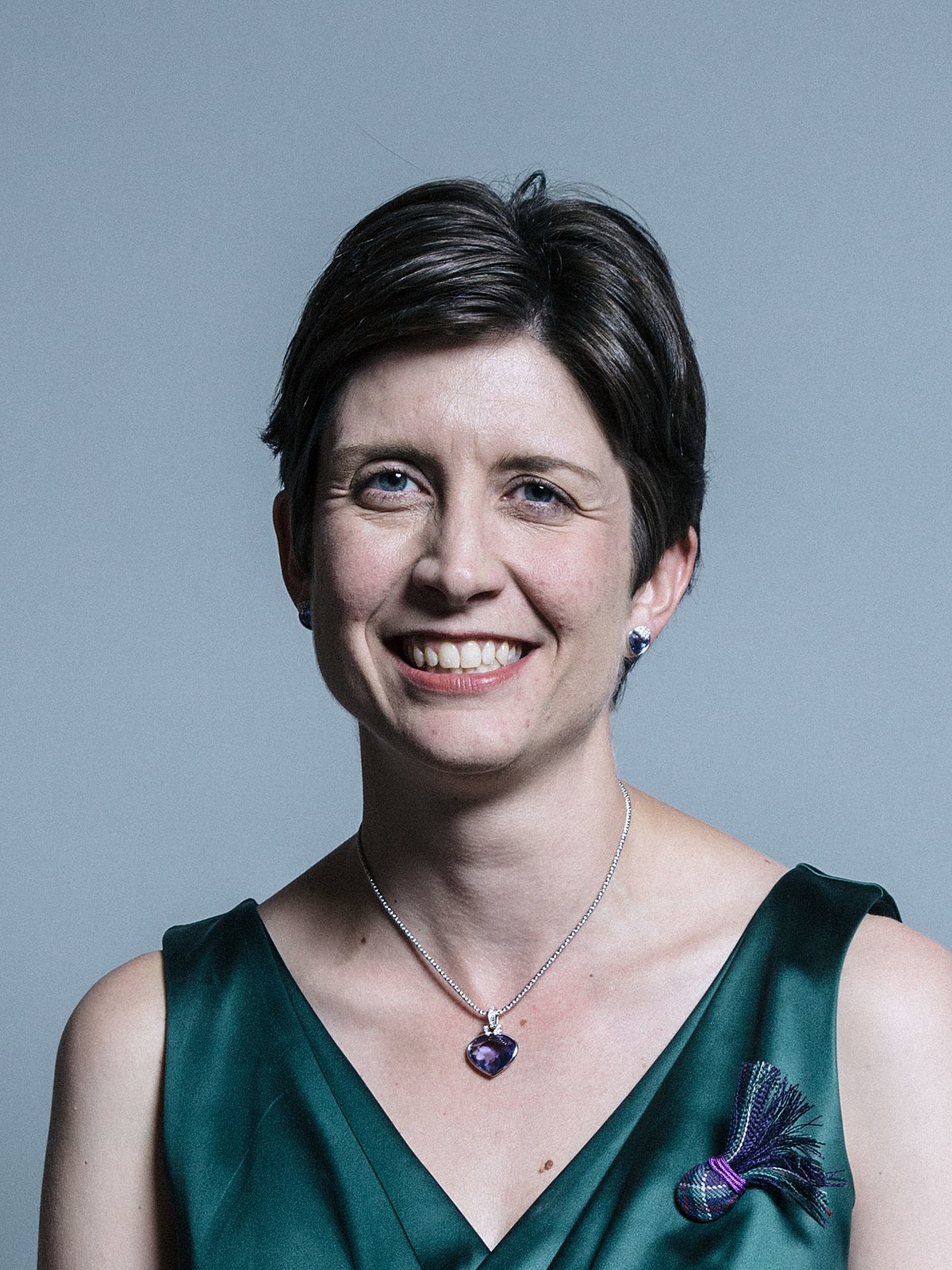The parliamentary question asked by Alison Thewliss, the SNP MP for Glasgow Central, in the House of Commons on 24 January 2023.
Alison Thewliss (Glasgow Central) (SNP)
What recent assessment he has made of the potential impact of the UK’s departure from the EU on recruitment in the health and social care sector.
David Linden (Glasgow East) (SNP)
What recent assessment he has made of the potential impact of the UK’s departure from the EU on recruitment in the health and social care sector.
The Minister of State, Department of Health and Social Care (Helen Whately)
We have record numbers of staff in the NHS in England. We are on track to hit our target of 50,000 more nurses since 2019. Speaking of 50,000, there are more than 50,000 more people working in social care since 2016. We are boosting the home-grown workforce, recruiting from the EU and welcoming health and social care workers from all around the world.
Alison Thewliss
It is undeniable that EU-trained medics and social care staff face extra bureaucracy and higher costs as a direct result of Brexit, making working and staying in the UK a much less attractive option. Given the pressures on all four NHSs and the social care sector, we cannot afford to turn anybody away right now, so what discussions has the Minister had with the Scottish Government about removing the barriers that the hostile environment places on people who want to come here, work and contribute to our NHS and social care sector in Scotland?
Helen Whately
Of course the hon. Lady would like to make everything about either Brexit or the Union—or, most often, both—but the fact is that a doctor, nurse or care worker from the EU who wants to work here can do so. We are also welcoming people from the rest of the world, and there are 12,000 more staff in the NHS in England from EU and European economic area countries since the referendum.
David Linden
In the Baillieston area of my constituency, one of the biggest issues people raise with me is the difficulty in accessing GPs. Part of the problem is that we do not have enough GPs. The Royal College of General Practitioners shows that 49% of EU-trained medics experienced issues with their visas, which led 17% of them to think of leaving the UK altogether. When will the Minister grasp this issue, speak to the Home Office and get rid of the hostile environment that means many of my constituents do not get access to the GPs they need?
Helen Whately
If the hon. Gentleman had been listening to earlier questions, he would have heard about the increased number of GPs in England, with more than 2,000 more GPs now working in England. Coming to the question of the NHS in Scotland, which is of course run by the SNP-led Scottish Government, I have heard that NHS Scotland is “haemorrhaging” staff, in the words of the chair of the British Medical Association in Scotland.
Mr Speaker
I call the SNP spokesperson.
Martyn Day (Linlithgow and East Falkirk) (SNP)
With more than 4,000 fewer specialist doctors from the EU or the European Free Trade Association in the UK than in pre-EU referendum trends, there is clear evidence that shutting off free movement is a totally unnecessary barrier to recruitment for our care and health services. Have the Minister and Secretary of State made representations to the Cabinet to discuss the disastrous effects of Brexit on the UK?
Helen Whately
Yet again, an hon. Member from the SNP thinks it is all to do with Brexit, when the facts show that that is simply not the case. As I said a moment ago, 12,000 more staff from EU and EEA countries are working in the NHS in England since the referendum. However, I point the hon. Gentleman yet again towards his own party’s record in government in Scotland and the problem of the NHS in Scotland haemorrhaging staff.
